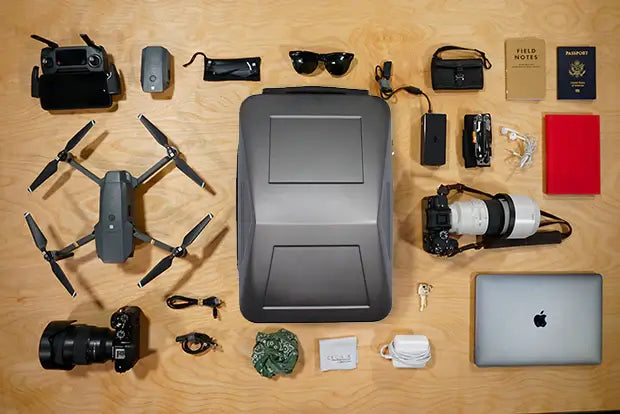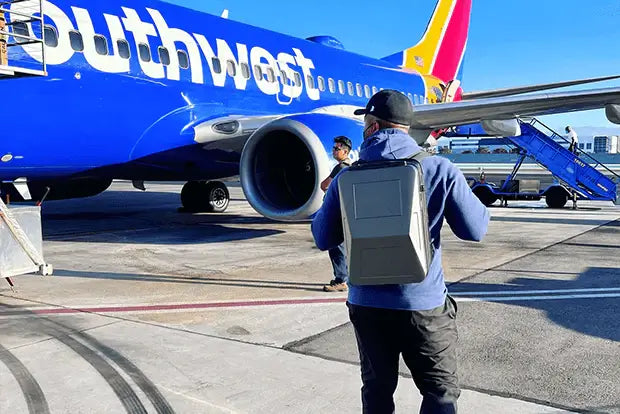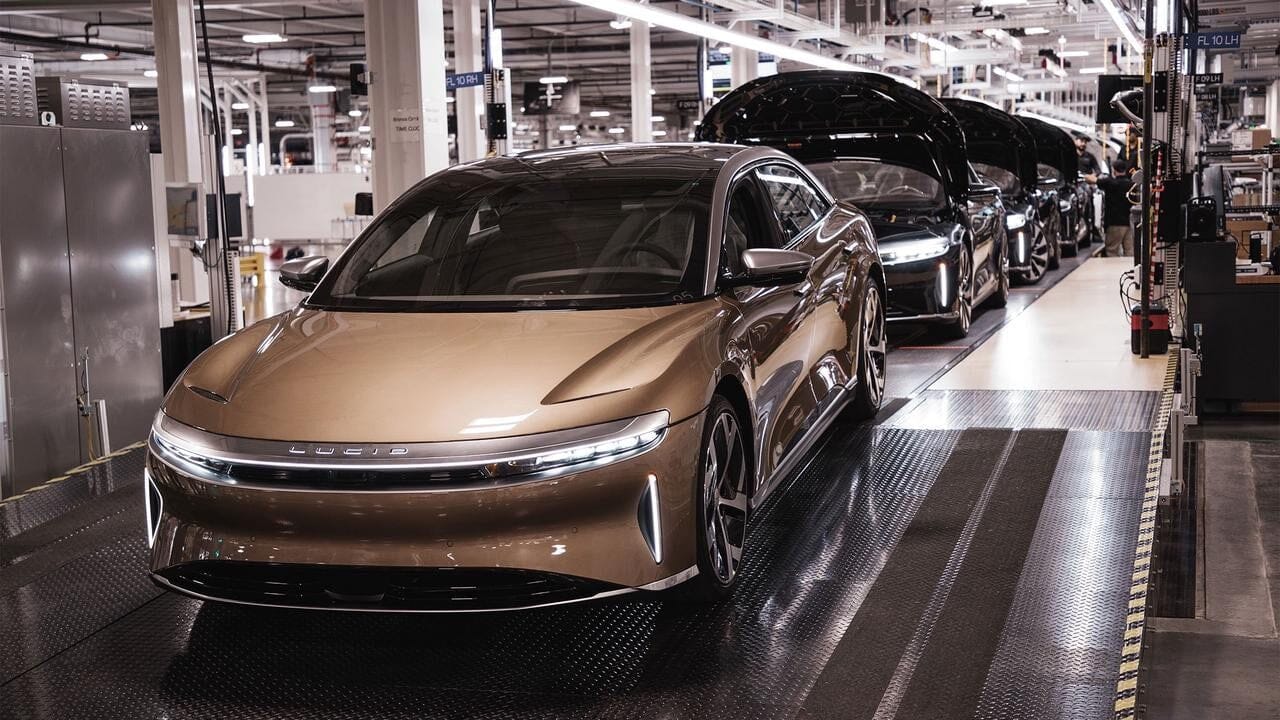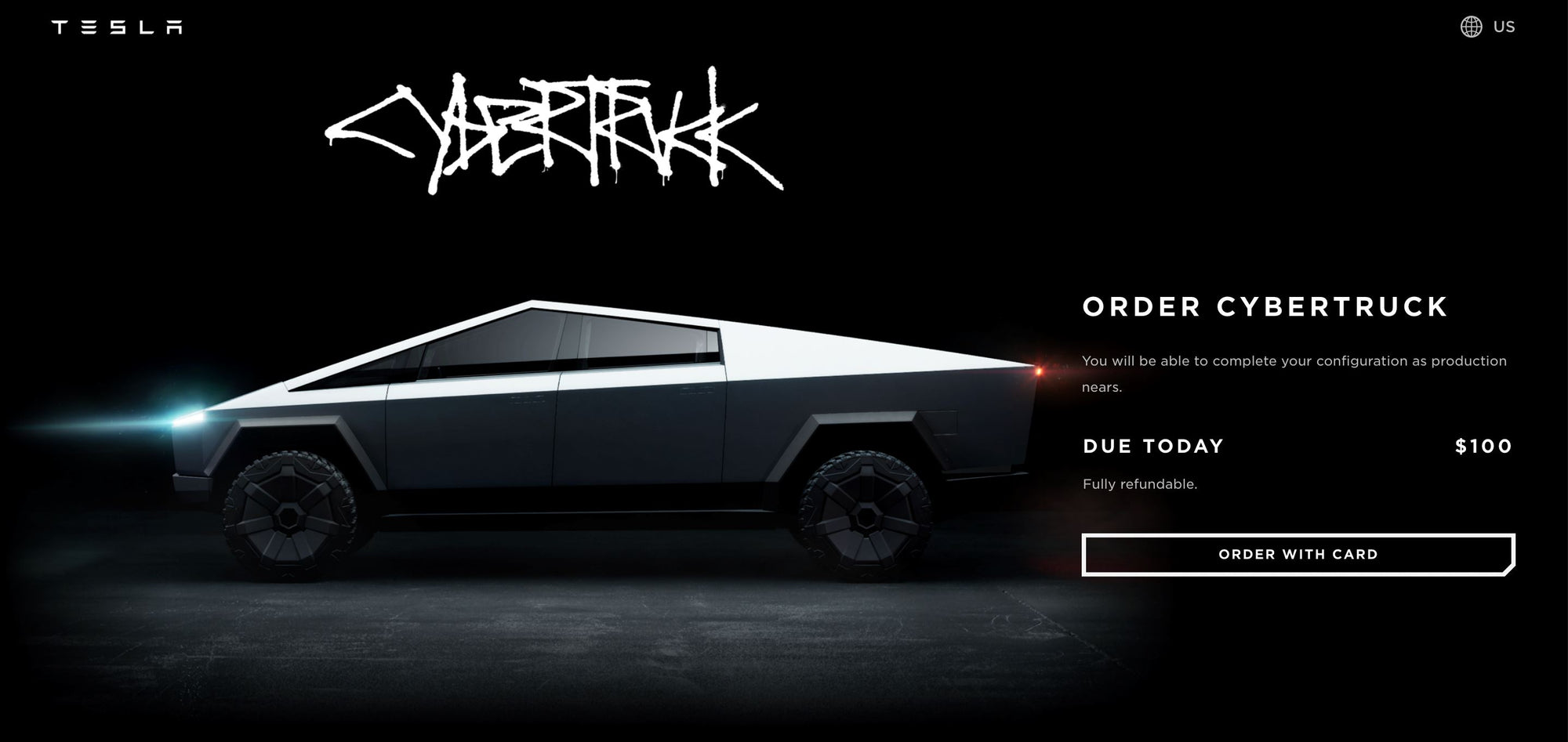Everyone I know seems to be asking us about electric automobiles these days. My recommendation is to acquire one right now. Unfortunately, when we follow up with these people, many of them indicate that the EV they wanted was either out of stock or that one look at the price tag made them reconsider switching to an EV.
Is this the depressing new reality? Will supply chain constraints suffocate the nascent EV industry just when manufacturers are finally getting serious about EVs and purchasers are clamoring for them?
No, it does not. Statistics, as is so often the case, contradict personal anecdotes. Global EV sales increased by about 120% in the first quarter of 2022, according to EV-volumes.com projections. Despite the fact that Tesla announced four price hikes in 2021 and another in March 2022, Tesla delivered a record 310,000 EVs in the first quarter.
As is customary, the lion's share of the activity is in China—according to Reuters, Chinese automakers Nio, Xpeng, and Li Auto all sold record amounts of EVs in March as well.
Things are also heating up in Europe. While plug-in vehicle registrations (pure electrics and plug-in hybrids) fell by 6% year on year in March, overall new car sales fell by 17.5%. Furthermore, it was just PHEV sales that slowed—sales of battery-electric cars increased by 15%. (Tesla's Model 3 and Model Y are the top-selling EVs in Germany year to date.)
Recent global events have swept aside even the most educated market projections. For years, conventional thinking held that EV sales would take off only when battery costs reached the "magic figure" of $100 per kilowatt-hour (at the pack level), allowing EVs to compete on price with dinosaur-burners.
Due to supply chain issues, this is unlikely to happen anytime soon—in fact, despite years of continuous decreases in battery costs, most experts predict them to rise for the first time ever this year due to geopolitical issues and the lingering effects of the pandemic. According to Reuters, the average cost at the cell level increased from $105 last year to $160 in the first quarter of 2022.
Of course, as much as battery costs have risen, gas prices have risen even faster as a result of Russia's invasion of Ukraine, and this is undoubtedly the major reason that EV sales growth continues to remain high and will be for the foreseeable future.
This also bodes well for EV related products like the Cyberbackpack.












